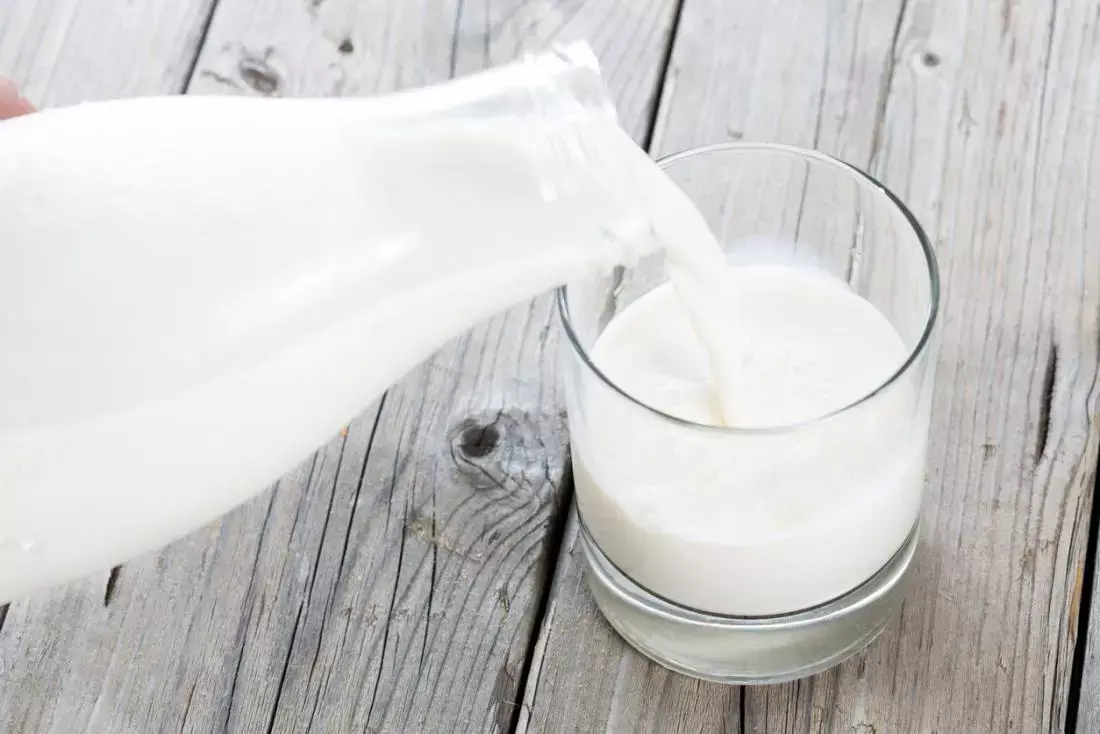- Home
- Medical news & Guidelines
- Anesthesiology
- Cardiology and CTVS
- Critical Care
- Dentistry
- Dermatology
- Diabetes and Endocrinology
- ENT
- Gastroenterology
- Medicine
- Nephrology
- Neurology
- Obstretics-Gynaecology
- Oncology
- Ophthalmology
- Orthopaedics
- Pediatrics-Neonatology
- Psychiatry
- Pulmonology
- Radiology
- Surgery
- Urology
- Laboratory Medicine
- Diet
- Nursing
- Paramedical
- Physiotherapy
- Health news
- Fact Check
- Bone Health Fact Check
- Brain Health Fact Check
- Cancer Related Fact Check
- Child Care Fact Check
- Dental and oral health fact check
- Diabetes and metabolic health fact check
- Diet and Nutrition Fact Check
- Eye and ENT Care Fact Check
- Fitness fact check
- Gut health fact check
- Heart health fact check
- Kidney health fact check
- Medical education fact check
- Men's health fact check
- Respiratory fact check
- Skin and hair care fact check
- Vaccine and Immunization fact check
- Women's health fact check
- AYUSH
- State News
- Andaman and Nicobar Islands
- Andhra Pradesh
- Arunachal Pradesh
- Assam
- Bihar
- Chandigarh
- Chattisgarh
- Dadra and Nagar Haveli
- Daman and Diu
- Delhi
- Goa
- Gujarat
- Haryana
- Himachal Pradesh
- Jammu & Kashmir
- Jharkhand
- Karnataka
- Kerala
- Ladakh
- Lakshadweep
- Madhya Pradesh
- Maharashtra
- Manipur
- Meghalaya
- Mizoram
- Nagaland
- Odisha
- Puducherry
- Punjab
- Rajasthan
- Sikkim
- Tamil Nadu
- Telangana
- Tripura
- Uttar Pradesh
- Uttrakhand
- West Bengal
- Medical Education
- Industry
Increased intake of milk reduces risk of high blood pressure: study

Increased intake of milk is inversely related to the risk of increased blood pressure according to a recent study published in the Nutrition, Metabolism and Cardiovascular Diseases
Hypertension is when blood pressure is too high. Blood pressure is written as two numbers. The first (systolic) number represents the pressure in blood vessels when the heart contracts or beats. The second (diastolic) number represents the pressure in the vessels when the heart rests between beats.
Studying the habits of almost five thousand men and women, the researchers found that those who consumed more than three servings of milk and dairy products per day were 36 percent less likely to have high blood pressure than those who ate the least amount of dairy, less than half a serving per day. Studies have revealed a positive relationship between milk consumption and hypertension. However, few researchers have investigated the association between milk consumption and changes in blood pressure in South Korean adults. Therefore, we examined the association between milk intake and the management and risk of hypertension in South Korean adults.
Participants were selected from the Health Examinees study. The definition of hypertension was based on the guidelines of the Korean Society of Hypertension. The participants were divided into three groups according to changes between baseline and follow-up blood pressure data.
Results:
- The milk consumption was assessed using food frequency questionnaires.
- In both men and women, the higher milk consumption group had increased odds of trends of blood pressure improvement and decreased odds of trends of worsening compared with those of the non-consumption group.
- In the prospective study, milk intake was inversely associated with hypertension risk
Increased intake of milk was inversely related to the risk of increased blood pressure, with a decreased risk of hypertension events.
Reference:
Hyein Jung et al. Association of milk consumption with management and incidence of hypertension among South Korean adults: A prospective analysis of the Health Examinees Study cohort. Published:August 06, 2022DOI:https://doi.org/10.1016/j.numecd.2022.07.022
Keywords:
Hyein Jung, Geongu Lee, Kyungjoon Lim, Sangah Shin, blood pressure, hypertension, milk consumption, HEXA Study, South Korean, Nutrition, Metabolism and Cardiovascular Diseases
Dr. Shravani Dali has completed her BDS from Pravara institute of medical sciences, loni. Following which she extensively worked in the healthcare sector for 2+ years. She has been actively involved in writing blogs in field of health and wellness. Currently she is pursuing her Masters of public health-health administration from Tata institute of social sciences. She can be contacted at editorial@medicaldialogues.in.
Dr Kamal Kant Kohli-MBBS, DTCD- a chest specialist with more than 30 years of practice and a flair for writing clinical articles, Dr Kamal Kant Kohli joined Medical Dialogues as a Chief Editor of Medical News. Besides writing articles, as an editor, he proofreads and verifies all the medical content published on Medical Dialogues including those coming from journals, studies,medical conferences,guidelines etc. Email: drkohli@medicaldialogues.in. Contact no. 011-43720751


